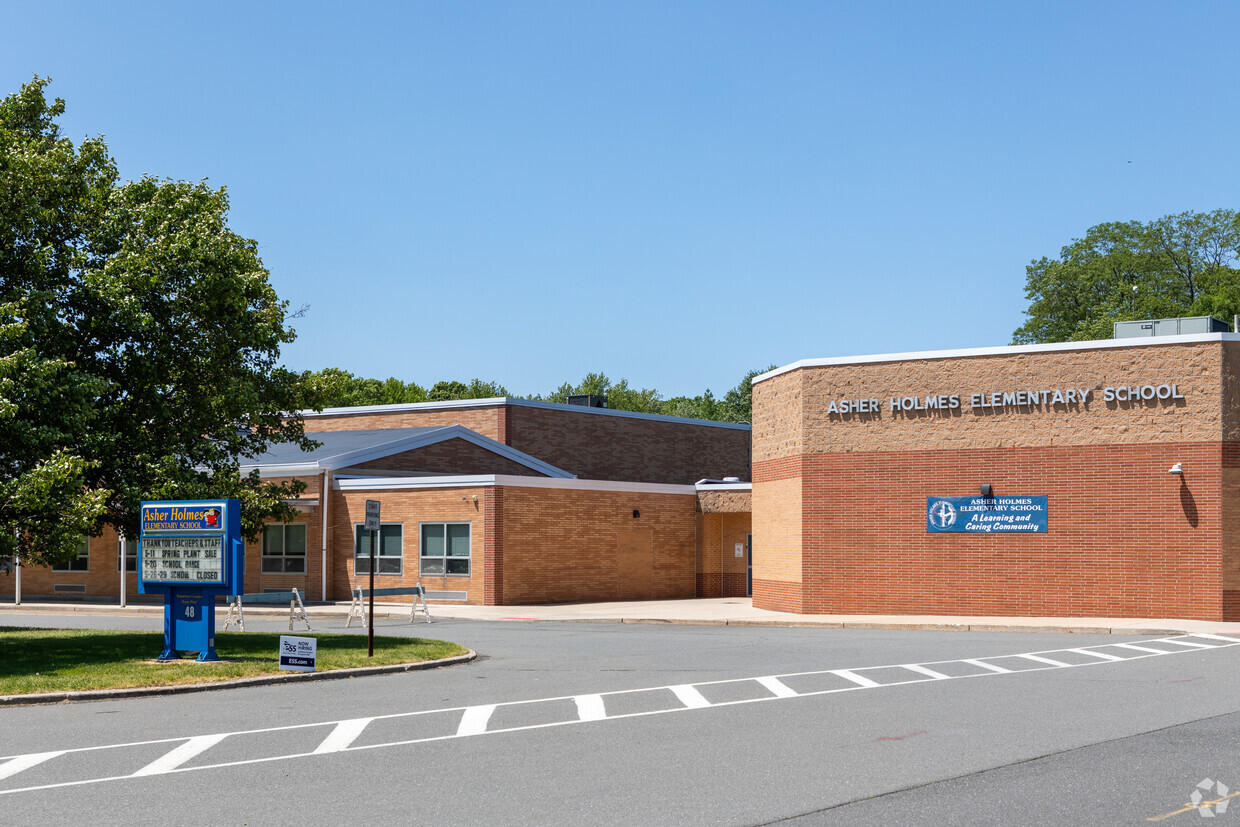
MARLBORO – Brian Cohen called it a turning point. It definitely was for him.
Cohen, a one-time vice chancellor at City University of New York, joined the board of education here on Tuesday night and was promptly elected president.
He said a “fresh perspective” was needed and that voters over the last two years said they wanted change.
Valentina Mendez, who was nominated for another term as president, said experience is important and nominating Cohen, a first-time board member, as president was “candidly premature.”
No matter. Cohen was elected 5-4.
This was not merely a 5-4 vote for president.
The school district in this Monmouth County town of 41,000 has come to symbolize the philosophical split regarding public education in the state, and perhaps the nation.
Last fall’s election presented two teams of three candidates each.
The Marlboro Values Protected slate spoke of “parental rights” and was endorsed by Bill Spadea, a radio host running for governor. Spadea often condemns the current state of public education in New Jersey.
The other slate was Partners Improving Education. Two candidates on this team – Jenna Corraro and Cohen – were elected, providing the 5-4 vote in Cohen’s favor.
The animosity here did not end on election day. A criminal complaint was filed against Corraro by Danielle Bellomo, a fellow board member, for allegedly stealing campaign signs after the election. Bellomo was the one winning candidate on the MVP slate.
Nonetheless, Tuesday’s reorganization meeting was rather cut and dry,
Before the meeting, Cohen spoke of a pivotal change on the board. He put it this way in a statement:
“On January 7, the Marlboro Township Board of Education will undergo a major leadership change and install a new Board President and Vice President that reflects a clear demand for change by the community. This is the culmination of a grassroots movement for a better future for Marlboro schools. In 2023, three candidates challenging the then-majority were elected, and this year, two more followed suit, including myself, creating a new majority ready to refocus on educating children. This reorganization reflects a profound shift in the board’s majority toward a leadership approach centered on educational excellence, inclusivity, fiscal responsibility, and strong community partnerships.
For Marlboro, this transition is more than a procedural change; it’s a turning point for Marlboro Township. The new board majority, and new leadership, will be committed to repairing relationships with administrators, educators, parents, and stakeholders, ensuring the district’s financial health, and, above all, restoring confidence in the Board of Education as a champion for students and the community.
I’ve already held several constructive meetings with Superintendent Michael Ballone, Business Administrator Vincent Caravello, other administrators, and current board members, all of whom share a palpable sense of optimism about the opportunities ahead under this new leadership.
I firmly believe this story resonates deeply in today’s climate. Marlboro’s transformation is a powerful narrative about what happens when a community comes together to prioritize students, education, and collaboration. It speaks to positive change that can occur when communities pay attention to school boards, and the consequences when they don’t.”
As Cohen assumed the presidency, he acknowledged the 5-4 vote, but expressed hope that going forward there will be more unity and fewer 5-4 votes.
That’s an understandable hope, but it may not be all that attainable.
Just for the record, Chad Hyett was elected vice president.
The vote was 5-4.
(Visited 39 times, 39 visits today)
Voting is a fundamental right and responsibility of every citizen in a democratic society. While many people are aware of the importance of voting in presidential elections, it is equally important to participate in local elections, such as those in Marlboro, New Jersey.
Marlboro is a township in Monmouth County, New Jersey, with a population of over 40,000 residents. Local elections in Marlboro determine who will serve on the Township Committee, Board of Education, and other important governing bodies. These elected officials make decisions that directly impact the daily lives of Marlboro residents, such as budget allocations, zoning regulations, and public services.
Participating in local elections is crucial because it allows residents to have a say in how their community is governed. By voting for candidates who align with their values and priorities, residents can help shape the future of Marlboro and ensure that their voices are heard.
Furthermore, local elections often have a more immediate impact on residents’ lives than presidential elections. For example, decisions made by the Township Committee can affect property taxes, school funding, and infrastructure development in Marlboro. By voting in local elections, residents can help ensure that their community is moving in the right direction and addressing the needs of its residents.
In addition to the tangible benefits of participating in local elections, voting is also a way for residents to exercise their civic duty and uphold the principles of democracy. By casting their vote, residents are contributing to the democratic process and helping to maintain a government that is responsive to the needs of its citizens.
In Marlboro, as in any community, every vote counts. Local elections are often decided by small margins, so each vote has the potential to make a difference in the outcome. By taking the time to research candidates, understand their platforms, and cast an informed vote, residents can help ensure that Marlboro continues to be a vibrant and thriving community.
In conclusion, voting in local elections is just as important as voting in presidential elections. By participating in local elections in Marlboro, residents can have a direct impact on the future of their community and help shape the decisions that affect their daily lives. So, let’s all do our part and make our voices heard by voting in Marlboro’s upcoming elections.
